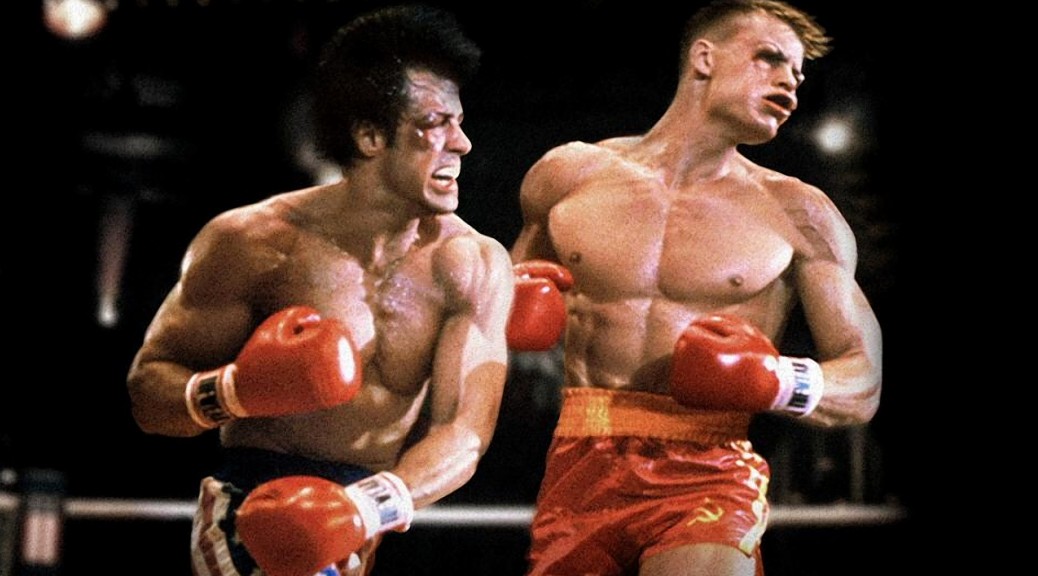Ever since their founding, Fraternal Brotherhoods have had a pledging process. This is the period where a prospect of the brotherhood must prove his worth by going through a set process by the brothers. In the past, brotherhoods would initiate a technique called hazing, where they would mentally, emotionally, and in some cases physically harm their pledges in an effort to further engross them within the pledging process. Examples of this could be found somewhat comically portrayed in the movie Animal House, where the pledges of the rival house are forced to “Assume the Position” and take whacks to the rear by a paddle.
But nowadays this isn’t so common. Fraternal organizations have already begun banning hazing from the pledge process, making it nationally known to fraternities that they are prohibited from hazing. Universities, including Penn State, have also followed suit by enacting their own anti-hazing policy within their code of conduct. But sometimes, this doesn’t stop the fraternities, and instead they continue to haze pledges with no regard for the rules whatsoever. What follows after this? Either one of two things: if a fraternity is singled out by the University or by the nationals for hazing in their houses, they can have their charter revoked from the campus and would therefore be required to disband. If the hazing is not a single problem but a widespread problem, the fraternity organization is forced to do something drastic: abolish pledging altogether.
The most recent, and perhaps most well know case in the nation is Sigma Alpha Epsilon’s decision to drop hazing altogether. Instead, they have a primary learning period where they are taught the ways of the fraternity (that lasts only a couple of weeks) and then their “pledges” are initiated. SAE is a top-tier fraternity here at Penn State, and has been well known for generations here, so how will this change the dynamic of their house, and perhaps their top-tier status?
From my experience in a social fraternity, pledging is considered the “best time you never want to have again”. Basically, this means that while yes, you are still at the bottom ranks; there is a period of time where the bond between you and your brother becomes closer with each day. There are also certain aspects of pledging that draw you closer to those in the house already. So how would eradicating the pledge process affect the house dynamics? Looking at it sociologically, the bond between a single brother and the rest of his house would be loosened, meaning that the level of trust between them would not be as strong. Second, it would take more time to learn some of the aspects of the house and the fraternity, meaning that depending on their schedules, the initiates would spend more time studying than they would getting to know their own pledge class. In my opinion, my pledge class is a group of men that I can trust with almost anything, and I can’t imagine not knowing them as well as I do now.
As for how this would affect Penn State, I could compare this process to the sorority process. Based solely on my opinion, it appears as if the sorority system works where pledge classes break off into cliques and groups of friends within the pledge class. Eradicating the pledge process would do just this, and in fact could leave some potential brothers feeling left out. As for what this means for the parties, in my opinion I think they would die down. People wouldn’t feel as comfortable as they do now with each other, and certain cliques would only want to hang out or party together.

























